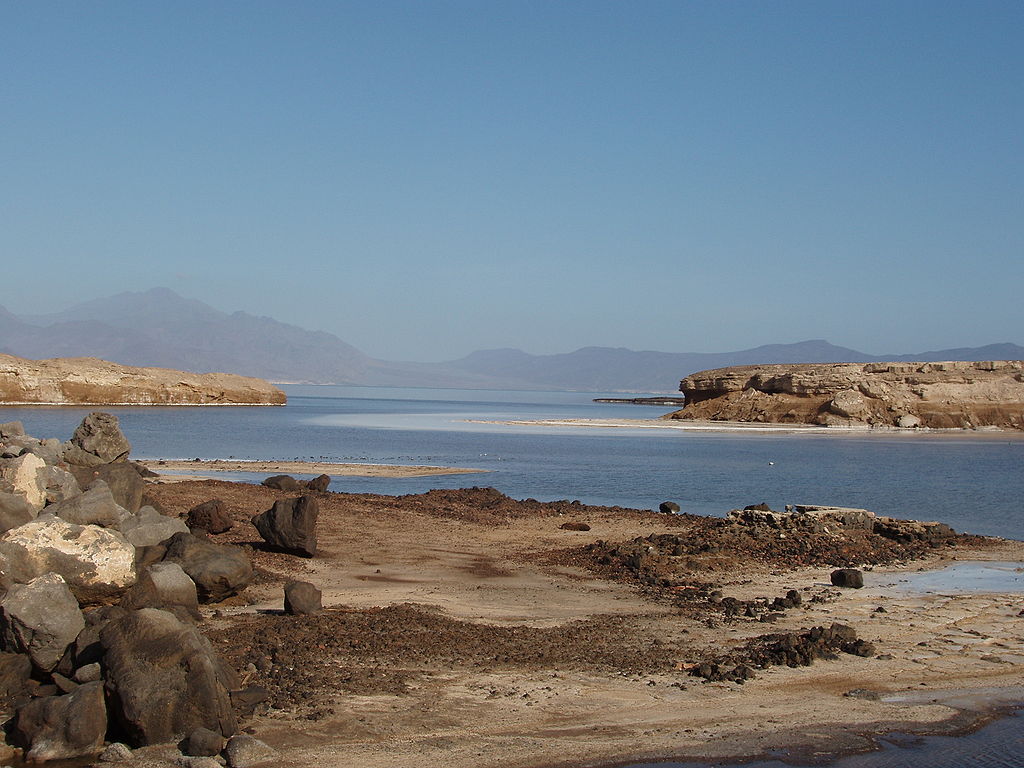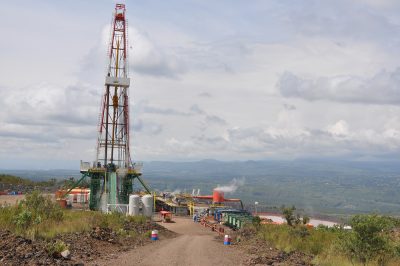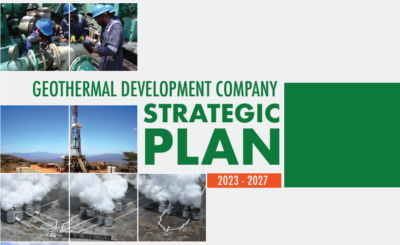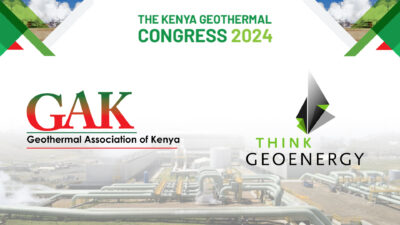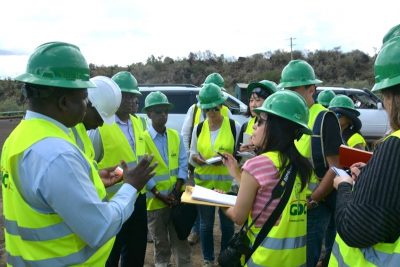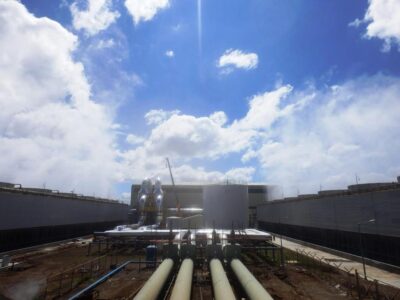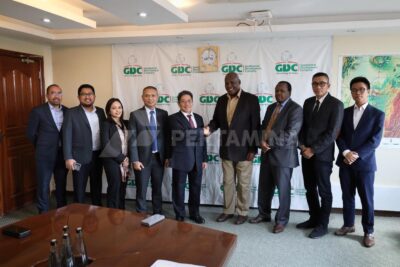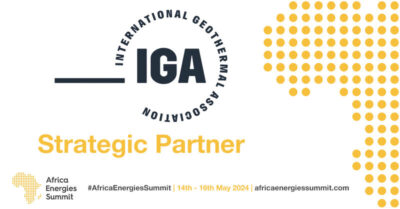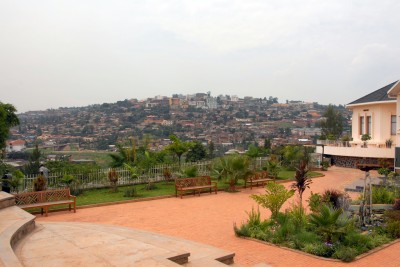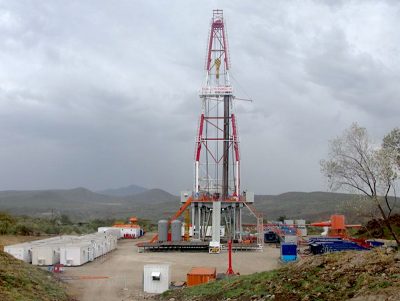World Bank provides $6 million in loans to Djibouti development
The World Bank and Djibout sign agreement on $6 million in concessional credit to the Geothermal Power Generation Project in the country, which adds to $7.1 million in grants given earlier this year through a World Bank program.
Reported this morning from Djibout, the World Bank and Djibouti have signed an agreement to explore geothermal energy in the country.
“Financing agreements signed today between the World Bank Group and Djibouti will launch a project to tap into Djibouti’s volcanic riches as a source of geothermal power. IDA, the Bank’s arm for the world’s poorest countries, will provide a US$6 million highly concessional credit to the Geothermal Power Generation Project, which has the potential to reduce energy costs and boost access to electricity for all its citizens.
The credit and grant agreements were signed by Ilyas Moussa Dawaleh, Djibouti’s Minister of Finance and Economy, and Inger Andersen, World Bank Vice President for the Middle East and North Africa region.
“Geothermal energy can play an important role in Djibouti’s energy policy which is to reach 100 percent green energy by 2020.” said Ilyas Moussa Dawaleh, Djibouti’s Minister of Finance and Economy. “All our citizens should have access to a reliable and affordable source of electricity, which is crucial for the development of the economy and the well-being of our citizens.”
The project will support Djibouti in assessing the commercial viability of the geothermal resource in Fiale Caldera within the Lake Assal region. The development of geothermal generation capacity could help Djibouti fully meet its peak demand, alleviate energy dependency and reduce electricity production costs by 70 percent. Clean geothermal energy would also mean a reduction in carbon dioxide emissions and a healthier environment for the population.
“We worked very closely with a number of our development partners to make this project a reality,” said Inger Andersen, World Bank Vice President for the Middle East and North Africa. “Thanks to this collaboration, we believe that bringing cutting-edge technology in geothermal exploration to Djibouti can be a true game changer.”
The project, which has total financing of $31 million, will also be supported by the OPEC Fund for International Development (OFID), the African Development Bank (through the African Development Fund), the Danish Sustainable Energy Fund for Africa, and the Agence Française de Développement. The Government of Djibouti will also contribute US$500 thousand.
This project is financed by the World Bank’s International Development Association (IDA) which was established in 1960 to help the world’s poorest countries by providing interest-free loans (called ‘credits’) and grants that fund projects to boost economic growth, reduce poverty, and improve poor people’s lives. IDA is one of the largest sources of assistance for the world’s 82 poorest countries. Resources from IDA bring positive change to 2.5 billion people living on less than two dollars a day. Since 1960 IDA has supported development work in 108 countries. Annual commitments have increased steadily and averaged around US$15 billion over the last three years.
The World Bank Group also channeled contributions from the Global Environment Facility (GEF) and the Global Geothermal Development Plan (GGDP) through the Energy Sector Management Assistance Program (ESMAP). These two Trust Funds, managed by the World Bank Group, are providing grants of US$6.04 and US$ 1.1 million in support to the project.”
Source: Release via 4-Traders
